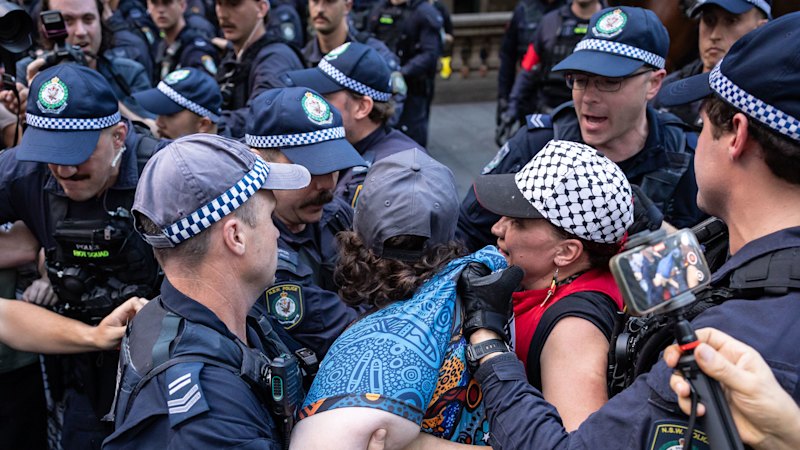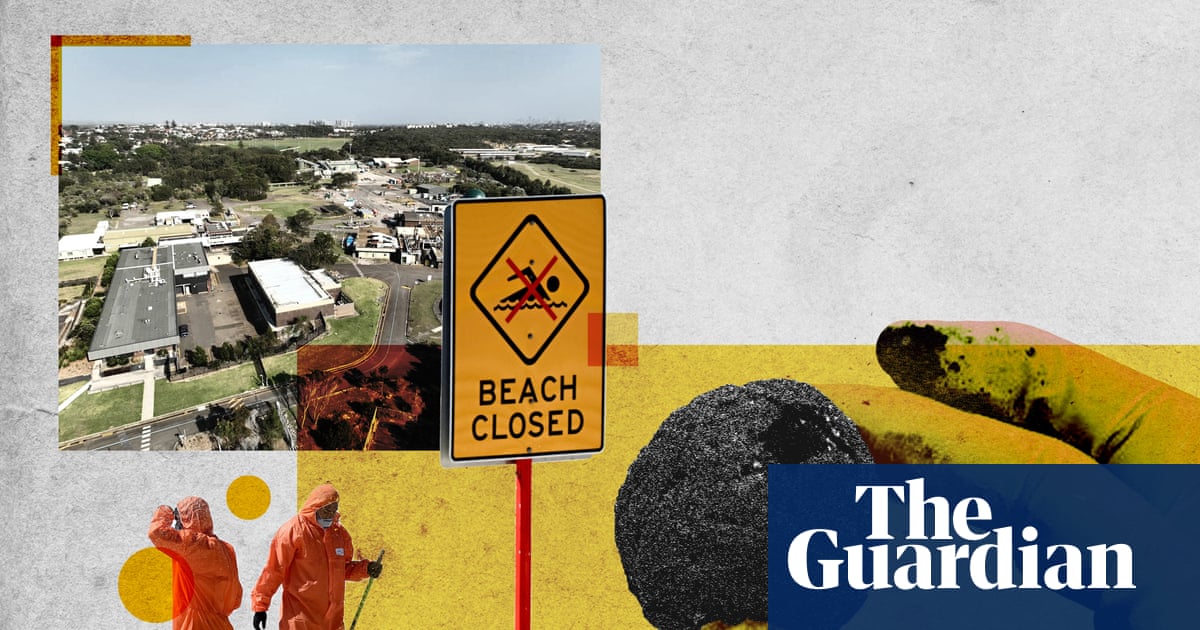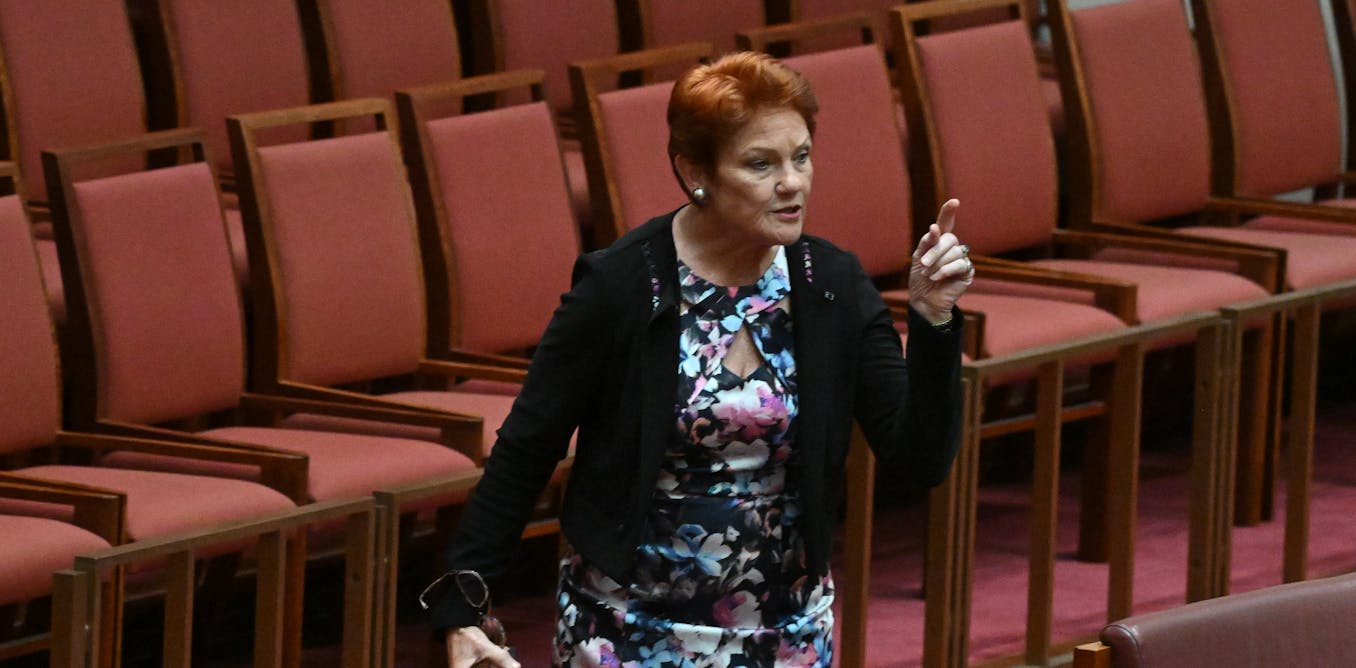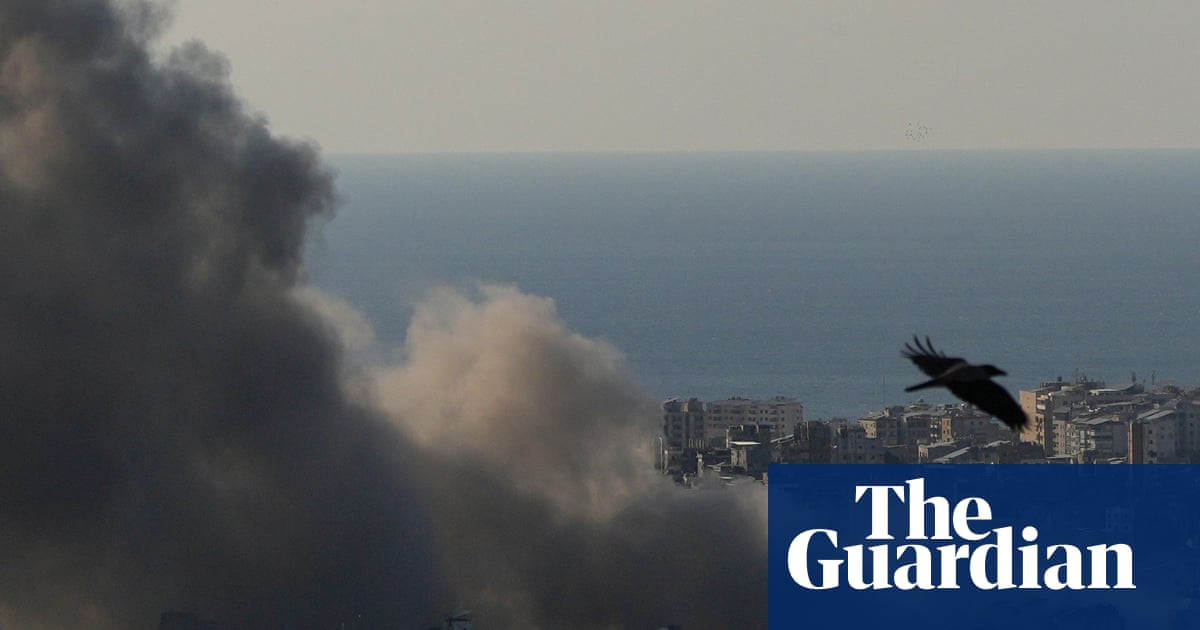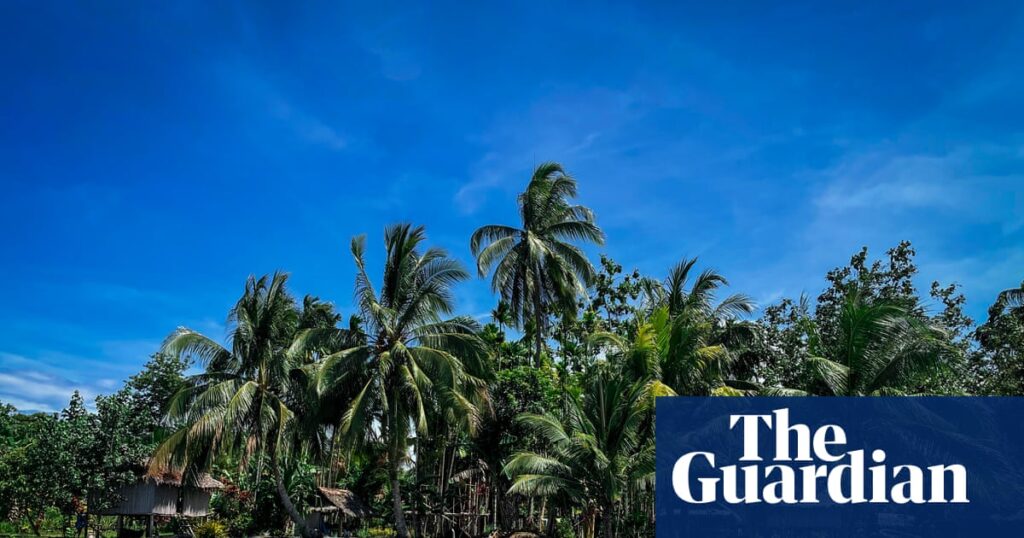
Papua New Guinea’s Prime Minister, James Marape, has voiced strong criticism of COP climate summits, describing them as “long on talk and short on action.” Despite his previous withdrawal in protest, Marape plans to attend the upcoming meeting of world leaders in Belém, Brazil, set to begin on November 10. His decision follows what he describes as “encouraging signs” from developed nations regarding climate finance.
The leader of the Pacific nation, home to approximately 10 million people, skipped last year’s summit in frustration over the lack of support from major emitters for climate change victims. Marape stated, “I did not attend COP29 because these meetings were often long on talk and short on action. This year, we are attending because we are beginning to see encouraging signs that developed nations are ready to deliver on climate finance and solutions.”
Marape’s Vision for Papua New Guinea at COP30
Marape emphasized Papua New Guinea’s dual role as both a “victim of climate change and a provider of solutions.” He expressed his determination to ensure that the country’s landowners benefit from conservation efforts, highlighting the importance of securing fair climate finance and gaining recognition for its forests and oceans. “We will have our say at COP30, and we will make sure our landowners benefit from conservation efforts,” Marape declared.
Papua New Guinea, located just north of Australia, is home to the world’s third-largest expanse of rainforest, according to the World Wildlife Fund. The nation is highly vulnerable to the impacts of climate change, being impoverished, surrounded by ocean, and prone to natural disasters.
Global Criticism and the Role of Small Island States
COP summits have faced ongoing criticism for the perceived inaction of big-emitting countries. On Thursday, UN Secretary-General António Guterres opened the gathering with a stark warning to world powers, accusing them of being “captive to the fossil fuel interests, rather than protecting the public interest.” He warned that allowing global warming to exceed the 1.5 degrees Celsius benchmark set by the Paris Agreement would be a “moral failure and deadly negligence.”
“Even a temporary overshoot will have dramatic consequences … every fraction of a degree higher means more hunger, displacement, and loss,” Guterres cautioned.
Like other small island states, Pacific countries are on the frontline of the climate crisis. The impacts of climate change are particularly acute for these nations, which face rising sea levels and extreme weather events.
Building Partnerships and Future Aspirations
During his visit to Brazil, Marape met with Brazilian President Luiz Inácio Lula da Silva. He expressed a desire for increased cooperation with Brazil in agriculture, energy, and technology, aiming to connect the Pacific and Amazon, two of the world’s major forest regions, to combat climate change and promote sustainable growth.
Marape also outlined Papua New Guinea’s energy ambitions, including the expansion of hydropower and increased LNG exports to regional markets. “PNG is young but rising,” Marape said. “We want to be self-sufficient in energy and support the region with clean hydropower. Our LNG exports to Japan, Korea, and Singapore show PNG is a reliable energy partner.”
Furthermore, Marape announced Papua New Guinea’s support for an Australia-Pacific bid to host COP31 in 2026. This comes as Australia’s Prime Minister, Anthony Albanese, faces criticism for not attending this year’s summit in Brazil, amid a contest with Turkey for hosting rights.
Local and Global Reactions
In Papua New Guinea, environmental groups are closely monitoring the talks. Pamela Avusi from the Environmental Alliance in Port Moresby noted that while Marape has criticized larger nations for their inaction on climate change, the government has also contributed to environmental issues through its own policies.
The outcome of COP30 will be crucial for small island states like Papua New Guinea, as they seek tangible commitments and actions from the international community to address the pressing challenges posed by climate change. As the summit unfolds, the world will be watching to see if the promises of climate finance and solutions materialize into concrete actions.
